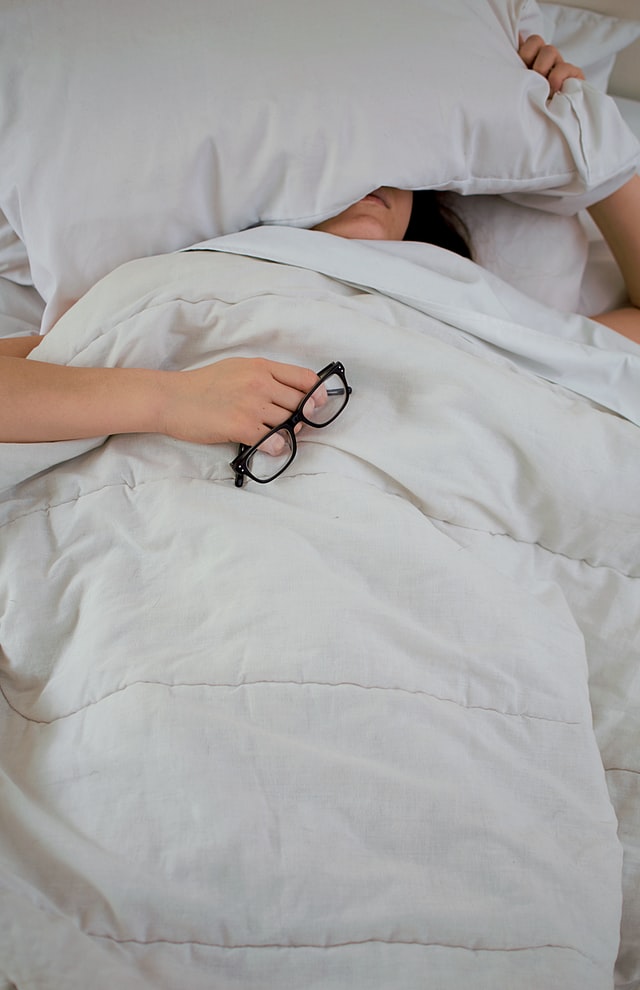People who claim not to enjoy chocolate are few and far between. Chocolate is a go-to sweet treat for many, and sometimes it can be hard to get enough of it. Did you know that chocolate has some genuine health benefits? Consuming chocolate in moderation can lead to better heart health and lowered blood pressure. Does this mean you should go out and eat as much chocolate as you want? Well, not really.
Like most processed foods, chocolate is most beneficial when in its purest form. The more it is ground and blended, the fewer healthy properties it maintains. Most processed chocolates, especially milk chocolate, do contain a higher concentration of calories and sugar in excess. There are still ways to eat chocolate in order to gain its health benefits, and we have highlighted a few key benefits.
Promoting Attentiveness
Theobromine, a bitter compound found in cacao seeds, can help to block adenosine receptors in the brain, causing you to be more alert and attentive. Adenosine receptors naturally slow down neural activity and have you starting to doze off. Chocolate also contains trace amounts of caffeine, which is well-known for its ability to enhance alertness.
Antioxidants
Dark chocolate is usually regarded as the healthier choice amongst the several types of chocolate. The reason being, the cacao is in a pure state, without added butter or milk. Dark chocolate is a great source of antioxidants, which help promote cell health. The antioxidants found in chocolate are called flavonoids, which are found naturally in plants and help repair any damage from environmental toxins. Did you know that more than 10% of cocoa powder’s weight is made up from flavonoids?
Heart Health
A big one! Flavonols, the main flavonoid in cocoa beans, are a healthy chemical for your heart. Some of the benefits they provide you with include increased blood flow, decreased chance of clotting, increased circulation, and blood pressure management. Again, opt for dark chocolate over lighter varieties to reap the full benefits.
Lowering Your Chance of Cancer
The flavonols found in chocolate are not only antioxidants, but they also contain anti-inflammatory properties. Both of these properties are important in keeping free radicals in check. Free radicals can damage cell health, and if out of control, can allow cancer cells to thrive. Consuming dark chocolate can help reduce this and keep the cells healthy.
Are you surprised at how many health benefits come with eating chocolate? If the right kinds are eaten in moderation, then you could see long-term health benefits. Now go and enjoy a nice chocolate bite!
Dr. Barbara R. Edwards, a Princeton MD is the Academic Director for the Ambulatory Residency Program at Penn Medicine Princeton Health, providing quality care to uninsured and under-insured New Jersey residents in Mercer and Middlesex counties.






